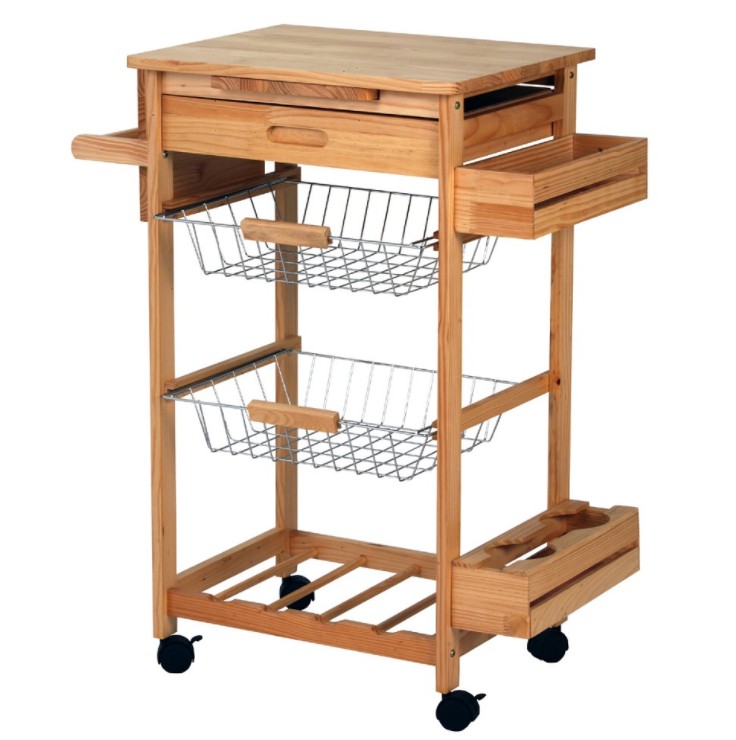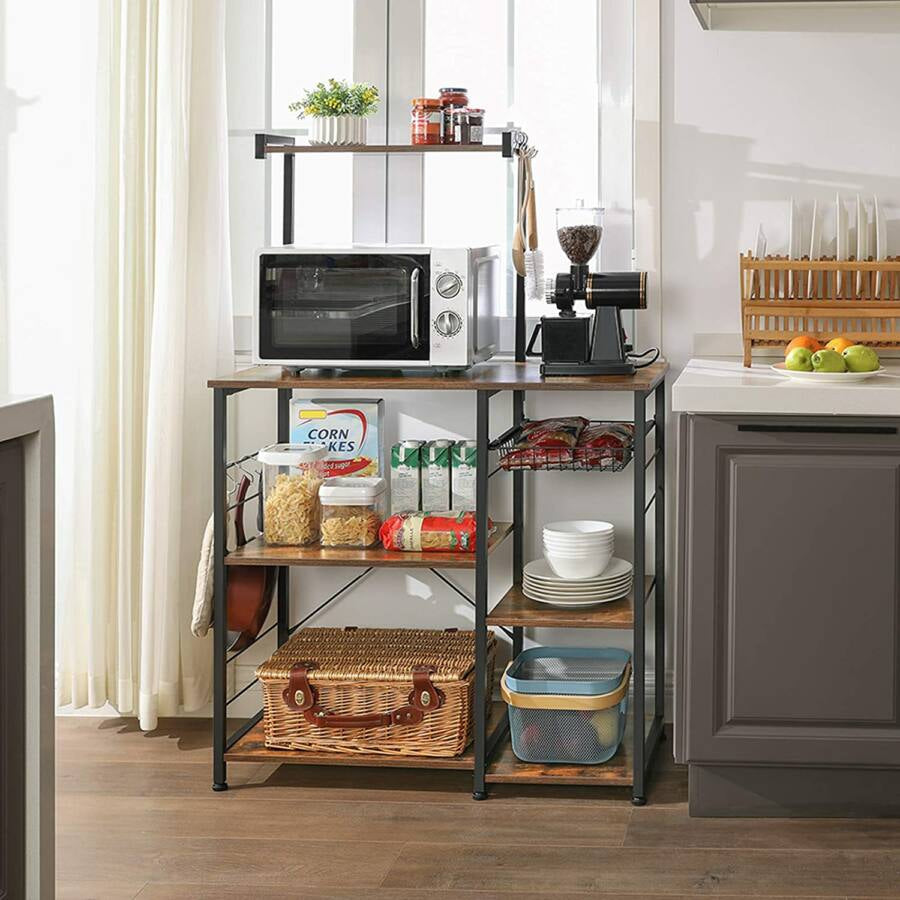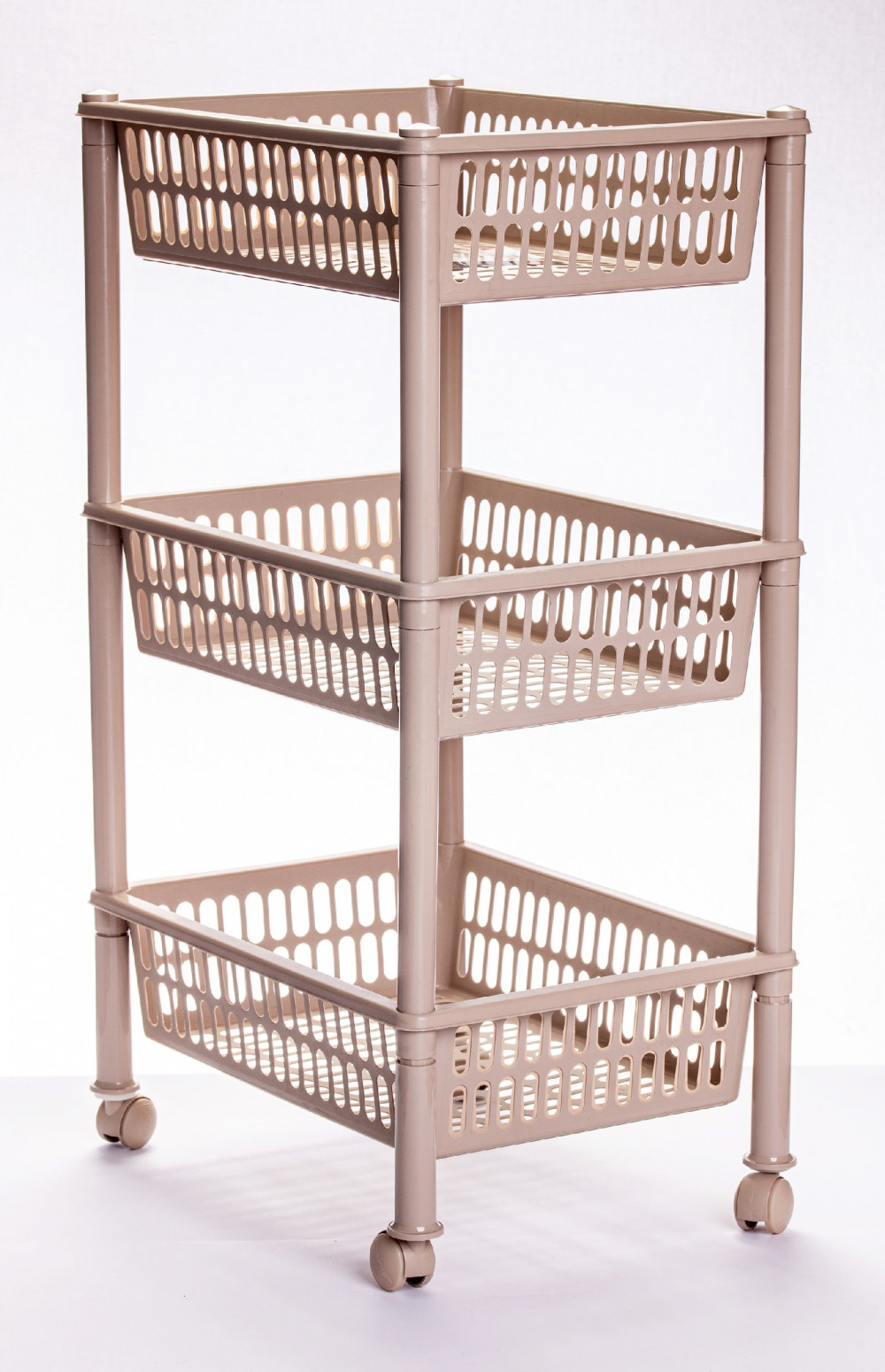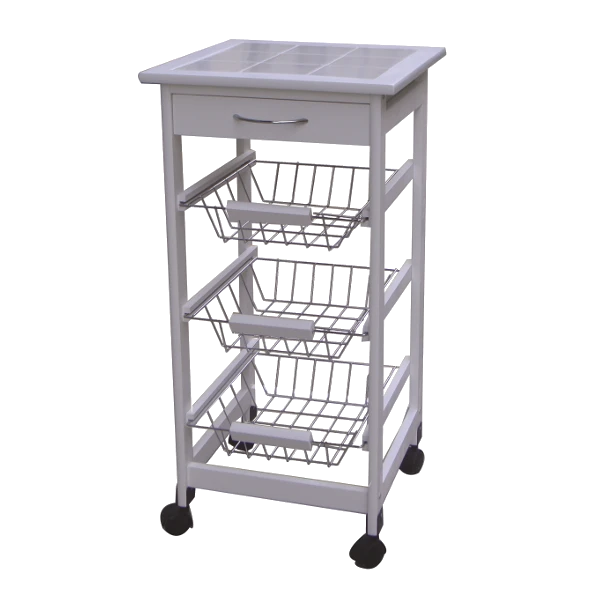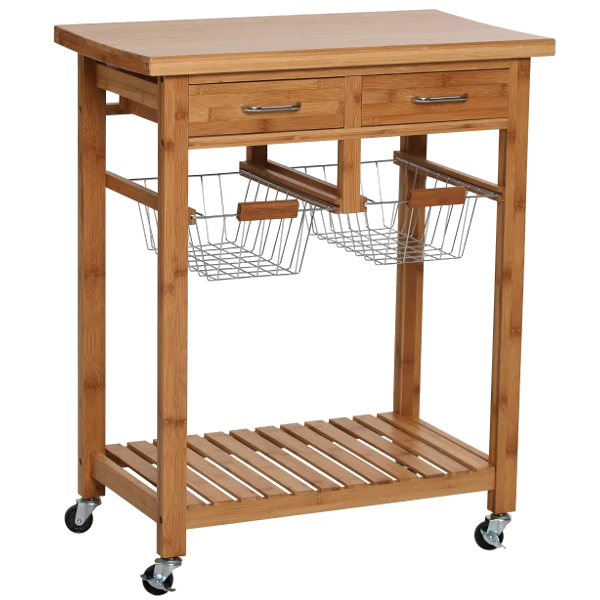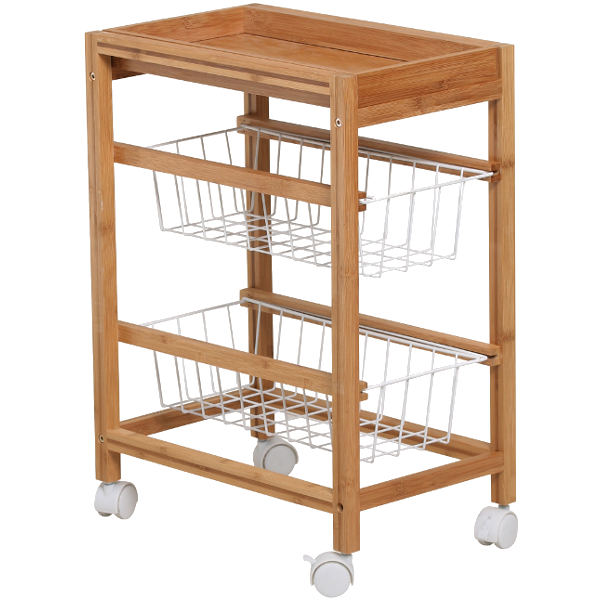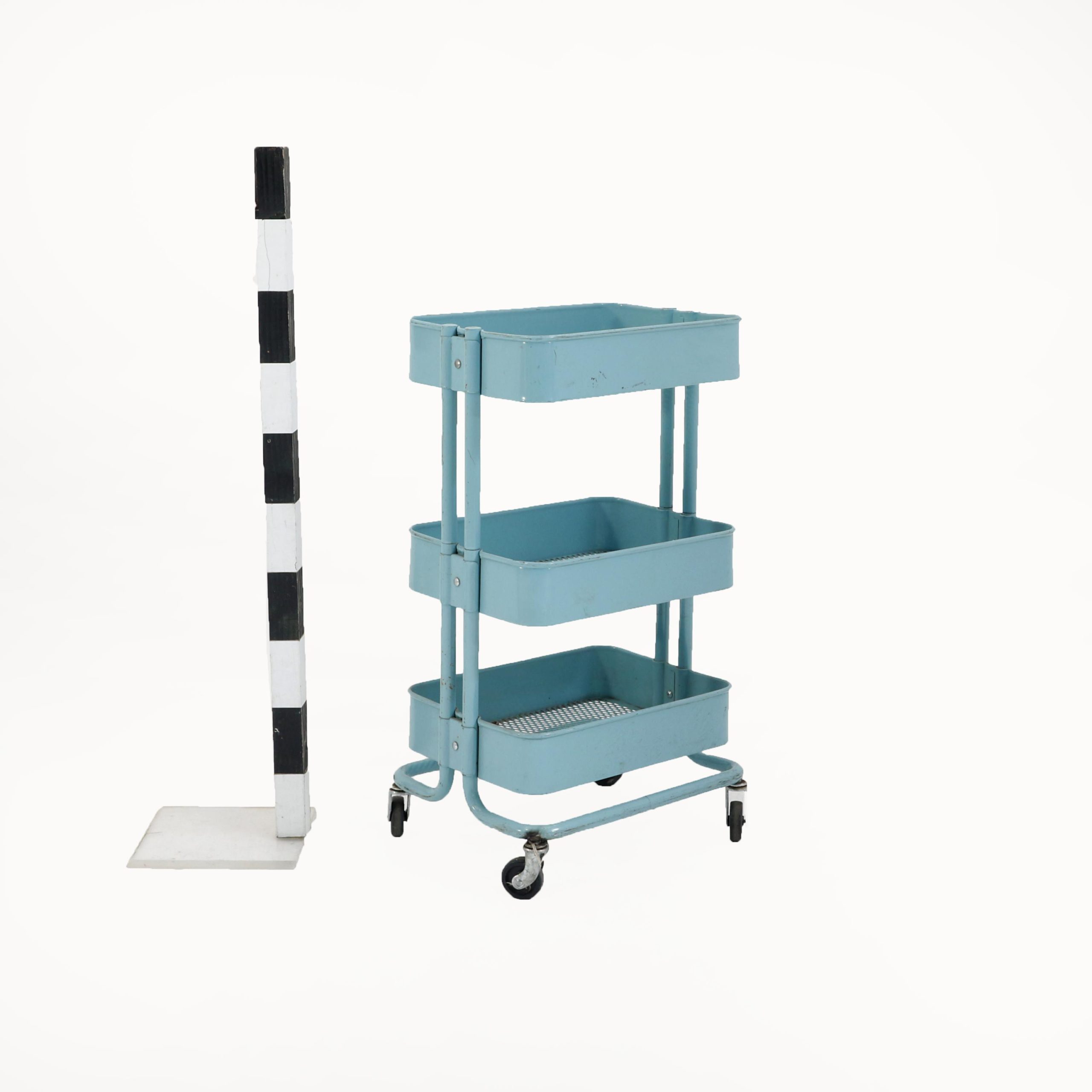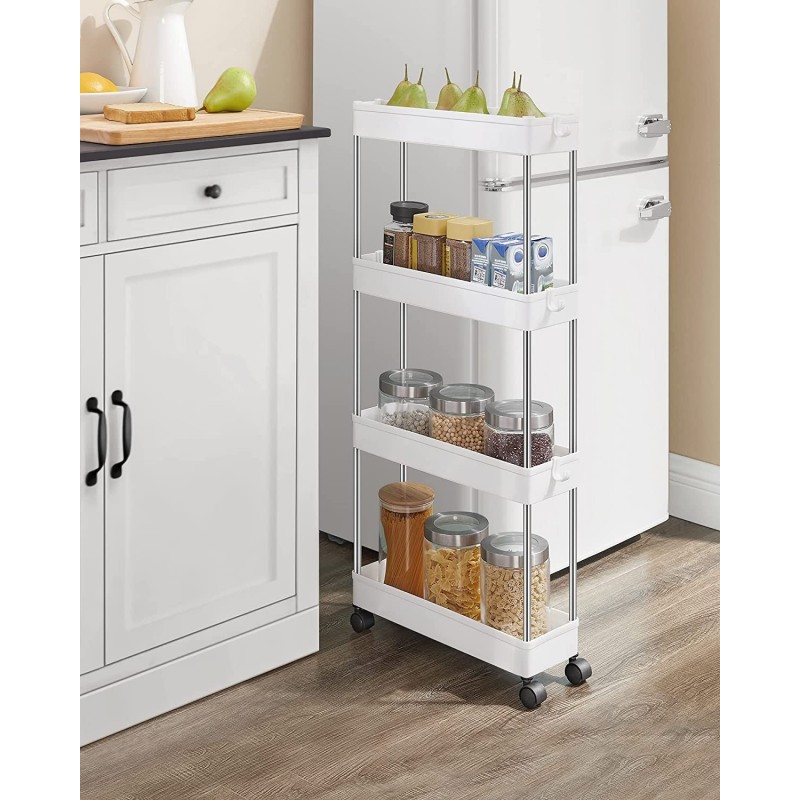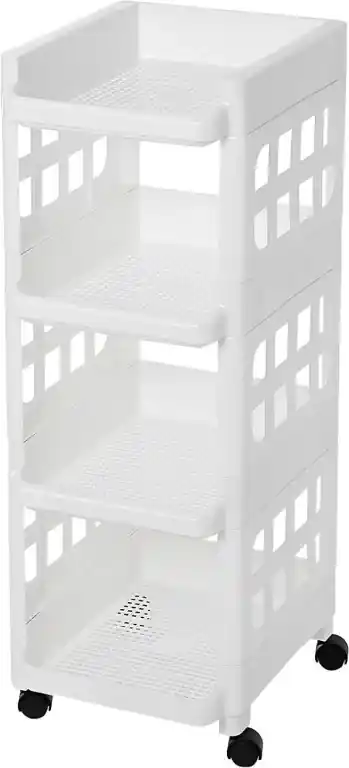![en.casa]® Polcrendszer gurulós tároló polcokkal fehér 85 x 18 x 46,5 cm konyhai polc kosaras tároló - eMAG.hu en.casa]® Polcrendszer gurulós tároló polcokkal fehér 85 x 18 x 46,5 cm konyhai polc kosaras tároló - eMAG.hu](https://s13emagst.akamaized.net/products/19268/19267334/images/res_6752296d2f8bedaaac294bc001446e3f.jpg)
en.casa]® Polcrendszer gurulós tároló polcokkal fehér 85 x 18 x 46,5 cm konyhai polc kosaras tároló - eMAG.hu
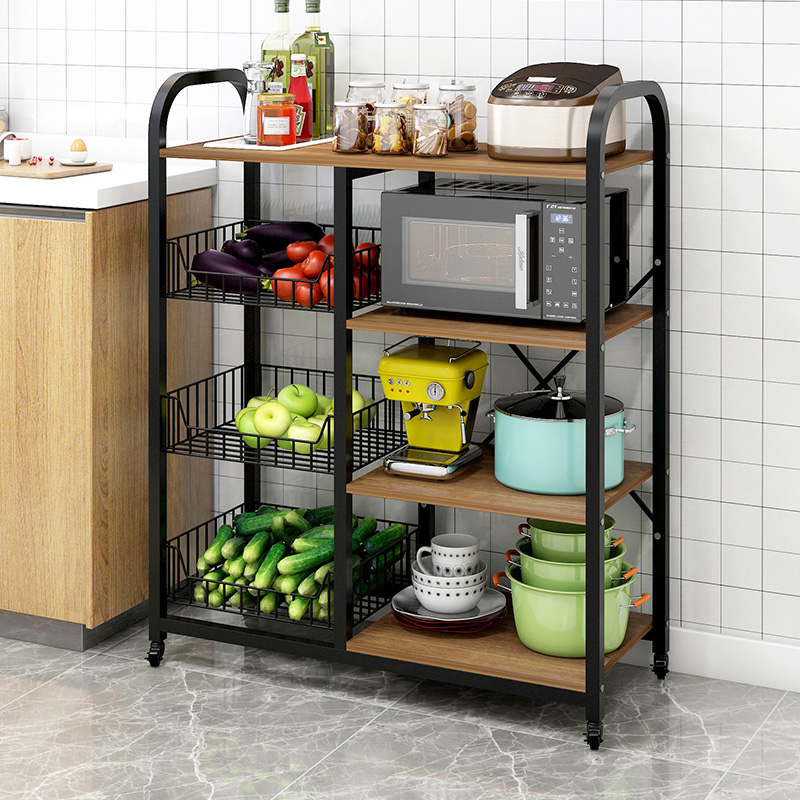
Zsúrkocsi, konyhai tároló gurulós fekete-tölgy színben 3+3+1 polccal 80x30x103.5cm (JE80-BLACK) - Store11
![en.casa]® Polcrendszer gurulós tároló polcokkal fehér 77 x 22 x 48 cm konyhai polc kosaras tároló - eMAG.hu en.casa]® Polcrendszer gurulós tároló polcokkal fehér 77 x 22 x 48 cm konyhai polc kosaras tároló - eMAG.hu](https://s13emagst.akamaized.net/products/19268/19267336/images/res_2444784b3128d2b531a1c4152aa3978f.jpg)
en.casa]® Polcrendszer gurulós tároló polcokkal fehér 77 x 22 x 48 cm konyhai polc kosaras tároló - eMAG.hu
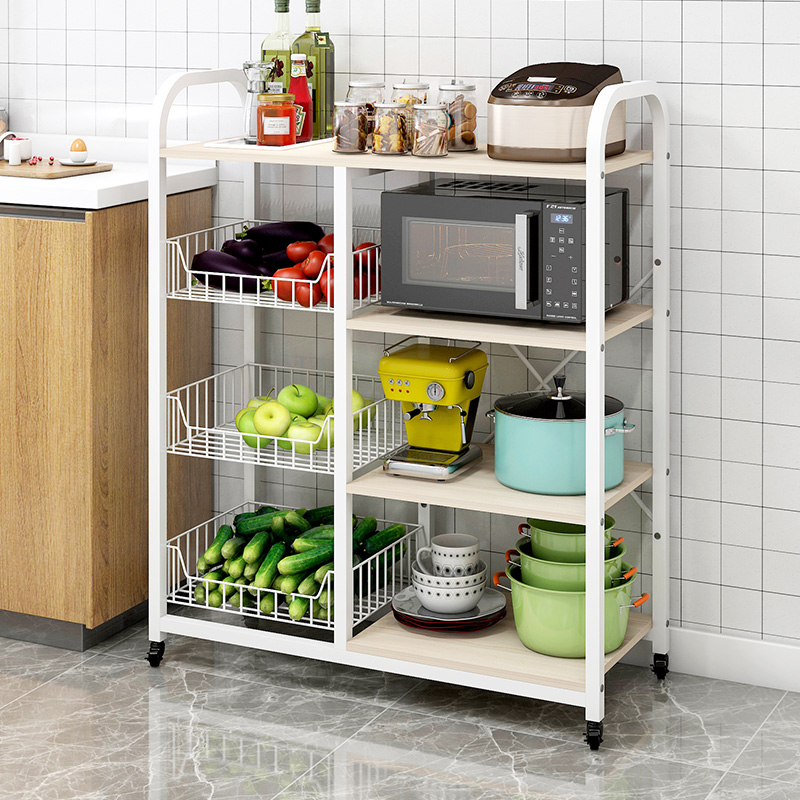
Zsúrkocsi, konyhai tároló gurulós fehér-juharfa színben 3+3+1 polccal 80x30x103.5cm (JE80-WHITE) - Store11

MÁRKA NÉLKÜL BAMBUSZ KONYHAI GURULÓS TÁROLÓ 3 SZINTES 45X75,5X38CM - ár, vásárlás, rendelés, vélemények
![en.casa]® Polcrendszer gurulós tároló polcokkal fehér 85 x 18 x 46,5 cm konyhai polc kosaras tároló - eMAG.hu en.casa]® Polcrendszer gurulós tároló polcokkal fehér 85 x 18 x 46,5 cm konyhai polc kosaras tároló - eMAG.hu](https://s13emagst.akamaized.net/products/19268/19267334/images/res_333da354e54209d928e6c86df83fcdb5.jpg)
en.casa]® Polcrendszer gurulós tároló polcokkal fehér 85 x 18 x 46,5 cm konyhai polc kosaras tároló - eMAG.hu
![en.casa]® Polcrendszer gurulós tároló polcokkal fehér 102 x 12 x 54,5 cm konyhai polc kosaras tároló - eMAG.hu en.casa]® Polcrendszer gurulós tároló polcokkal fehér 102 x 12 x 54,5 cm konyhai polc kosaras tároló - eMAG.hu](https://s13emagst.akamaized.net/products/19268/19267335/images/res_3838a773d07da34c90134633e0c1d5b2.jpg)



